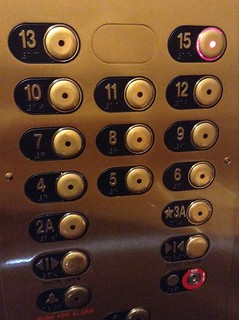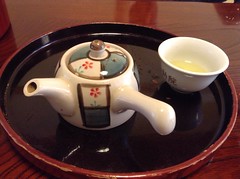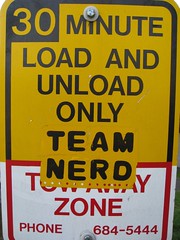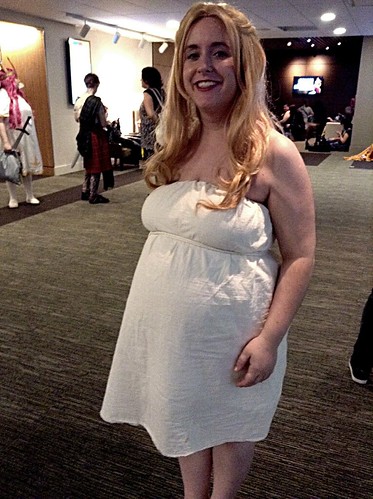Last weekend I went to a science fiction/fantasy con that left me with a sour taste in my mouth – and heart. Rather than pick on this particular con, I’m going to just do a write up of things that I think make cons great and welcoming. Mostly I’m going to focus on programming and panels, because this is what I focus on when I go to cons. If you have suggestions for cosplay, gaming, dealers rooms, music/dances, or other events, I would love to hear them. There’s quite a bit available about diversity and inclusivity, and recently there have been discussions about making cons more accessible. There’s also information about harassment policies, which I’m not going to talk about here either.
Panels
Panels are either created by a centralized group who then assigns various attendees to each topic, or they are proposed by participants and then selected by a committee. Either way, here are my recommendations:
Moderators: have ’em.
Since you are going to have a moderator, have them develop questions before the con.
At a bare minimum, have the moderator send their questions to the other panelists before the con, to give everyone time to think about them.
Since your panel is moderated, that means the discussion will be dominated by the panelists, but make sure to leave time at the end for questions front the audience.
Diversity on the panel:
It’s easy to default to asking people you know to do things for you, especially when they aren’t being compensated. Try not to go with the default, which will likely be people who look a lot like you. Stretch yourself. Try to see who you can find that *isn’t* like you: be it gender, sexuality, race, ability, religion, hair color, preference in sushi, etc. I wouldn’t recommend asking someone just for the sake of diversity, which ends up tokenizing, but stretch a little beyond the first people who come to mind (unless of course you are already so awesome and have cultivated these connections already).
I say these things because I have had some great experiences at cons, and I know what’s possible. I want that for everyone. When I look around and see a bunch of people who look like one another and they don’t look like me, I don’t necessarily feel excluded, but I don’t quite feel included either.
In conclusion, spend a little bit of time and effort thinking about the programming and provide guidelines (at a bare minimum – it would be delightful if they were requirements) for the panelists. Cons can be for everyone!






